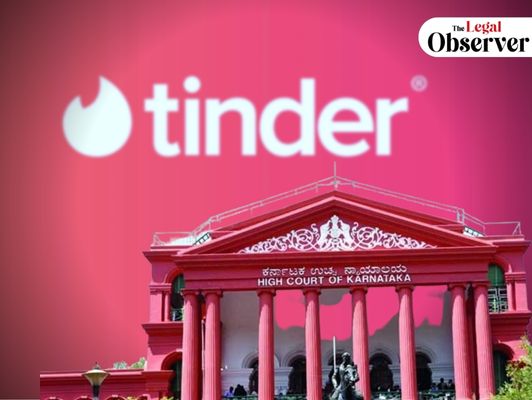The complainant, a male, and the petitioner, a woman, met each other on Tinder. When the man told the woman that he was stressed out, she suggested her Instagram profile, where she promoted overall wellness of the mind, body, and soul and claimed to be a wellness therapist.
The man took wellness treatment sessions on Instagram while COVID-19 was in the period of lockdown, and he also paid the woman about 3.15 lakh for each lesson. Things started going worse when the man insisted on seeing the woman in person. As she refused to meet him, he started sending her foul messages and material, which led her to block him from social media.
Afterwards, the man found 15 other accounts on social media who are all providing the same services. The woman was charged with cheating under Section 420 of the Indian Penal Code and several provisions of the Information and Technology (IT) Act by the police after an investigation. She filed a motion with the High Court to seek the permission to quash the proceedings.
The conversation between the man and woman clearly established the motive of the woman to cheat. The court stated that the matter should be considered on trial and also stated that, “The conversations would show that the petitioner had initially claimed to be a health therapist and that the complainant would be taken care of by her staff, according to the chats. Therefore, it is obvious that the website was made to entice the complainant and others like him without any team or qualifications. Therefore, the petitioner is plainly the victim of the crime of cheating. “
- How to find women who would like to have sex
- 4 incroyable techniques Briser la glace
- Start your hookup journey using the most useful craigslist alternatives







